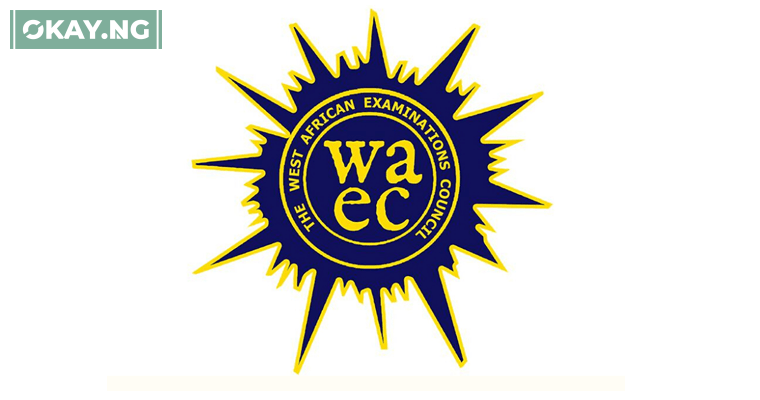To uphold the integrity of its examinations, the West African Examination Council (WAEC) has announced the sanctioning and derecognition of approximately 574 schools across Nigeria for their involvement in examination malpractices. The Head of WAEC’s national office, Dr. Amos Dangut, made this significant disclosure to members of the press at the council’s national headquarters in Lagos on Thursday, signaling a firm stance against academic dishonesty.
Dr. Dangut revealed that the list of the implicated institutions has been formally submitted to the Federal Government through the Ministry of Education for further disciplinary actions. This decisive step underscores WAEC’s commitment to ensuring a fair and credible assessment process for all candidates.
“This year, we have shared with them a total of 574 schools whose recognition has been withdrawn. This measure will also be adopted by all examining bodies,” Dr. Dangut stated emphatically. “These schools are no longer recognised as examination centres by WAEC, and we will not conduct exams there.”
This development comes at a crucial time, just ahead of the 2025 West African Senior School Certificate Examination (WASSCE) for school candidates, scheduled to take place from Thursday, April 24 to Friday, June 20, 2025. Dr. Dangut announced a notable increase in registration for the upcoming examinations, with a total of 1,973,253 candidates from 23,554 schools registered. This figure represents a significant rise of 158,627 candidates compared to the previous year, indicating a growing number of students seeking the crucial WASSCE qualification. The gender distribution of the registered candidates shows a near balance, with 979,228 males and 994,025 females.
In a groundbreaking move towards leveraging technology and further curbing examination malpractice, Dr. Dangut highlighted WAEC’s introduction of the first-ever Computer-Based WASSCE (CB-WASSCE) for school candidates. This innovative approach aims to enhance the security and credibility of the examination process.
“To further safeguard the integrity of the examination, no two candidates will receive identical questions in the computer-based format,” Dr. Dangut disclosed. This measure is a significant step in preventing collusion and ensuring that each student’s performance is a true reflection of their individual abilities.
Read Also: WAEC Revolutionizes Examinations with Computer-Based WASSCE for 2025
The issue of examination malpractice remains a persistent challenge. The decision by WAEC to publicly address and penalize these errant schools sends a strong message about the importance of ethical conduct in the academic sphere. Speaking from my own observations, the introduction of the CB-WASSCE is a welcome development, aligning with global best practices in assessment and potentially mitigating some of the traditional avenues for cheating.
The increase in the number of registered candidates for the 2025 WASSCE also points to the continued importance placed on this qualification by Nigerian students. It underscores the aspirations and hard work of the vast majority of students who are committed to earning their certificates through legitimate means. The actions taken by WAEC are therefore crucial in protecting the credibility of these certificates and ensuring that the efforts of honest students are not undermined by the unethical practices of a few.
The implications of these sanctions are far-reaching. For the affected schools, the derecognition as WAEC examination centers will undoubtedly have a significant impact on their reputation and their ability to attract prospective students. For the wider education system, it serves as a reminder of the continuous need for vigilance and the enforcement of standards to maintain the integrity of the examination process.
WAEC’s proactive measures, combining stringent sanctions with technological innovation, signal a renewed commitment to fostering a culture of academic honesty in Nigeria. As the 2025 WASSCE approaches, all eyes will be on the effectiveness of these measures in ensuring a fair and credible examination for the nearly two million candidates who have registered. The future of these students, and the credibility of Nigeria’s education system, hinges on the integrity of this crucial assessment.












